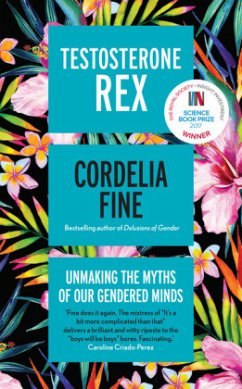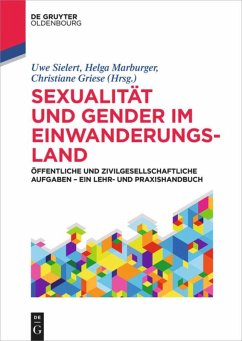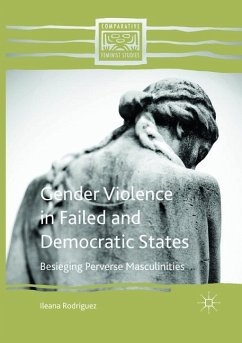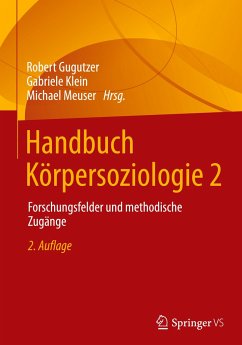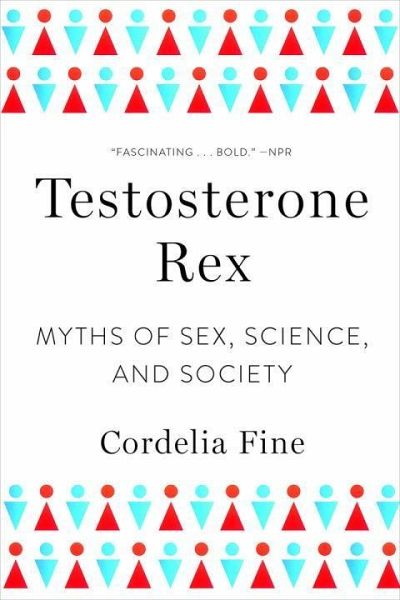
Testosterone Rex
Myths of Sex, Science, and Society
Versandkostenfrei!
Sofort lieferbar
14,28 €
inkl. MwSt.
Weitere Ausgaben:

PAYBACK Punkte
7 °P sammeln!
Testosterone is our favourite biological answer for stereotypical (and toxic) male behaviour - the cause of aggression, promiscuity and excessive risk-taking. Estrogen is the caring female hormone. But both sexes have both these hormones as well as many others. Re-examining wrongly interpreted research and drawing on recent and upcoming experiments, Fine shows that there is little difference in the relationships men and women want and that, in the past, it has evolutionarily made as much sense for women, as men, to have multiple partners - and that they did. She also emphasises the often undis...
Testosterone is our favourite biological answer for stereotypical (and toxic) male behaviour - the cause of aggression, promiscuity and excessive risk-taking. Estrogen is the caring female hormone. But both sexes have both these hormones as well as many others. Re-examining wrongly interpreted research and drawing on recent and upcoming experiments, Fine shows that there is little difference in the relationships men and women want and that, in the past, it has evolutionarily made as much sense for women, as men, to have multiple partners - and that they did. She also emphasises the often undiscussed influence on male/female behaviour: the strong impact of culture on the roles of and desires expressed by men and women.




